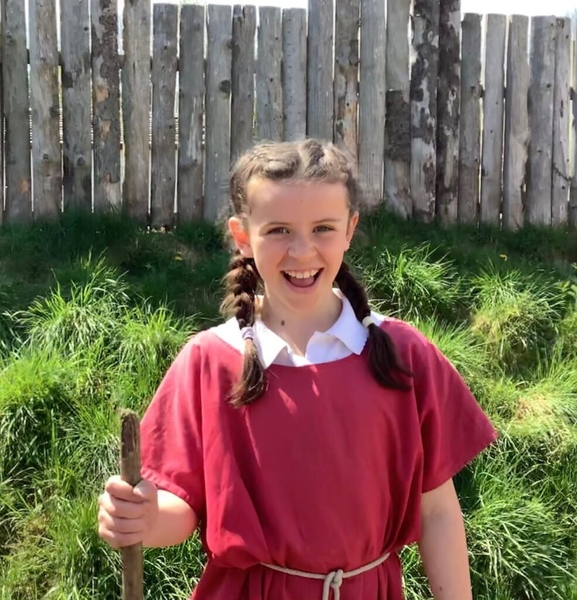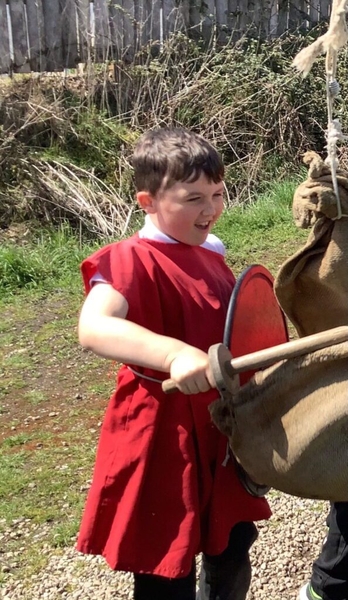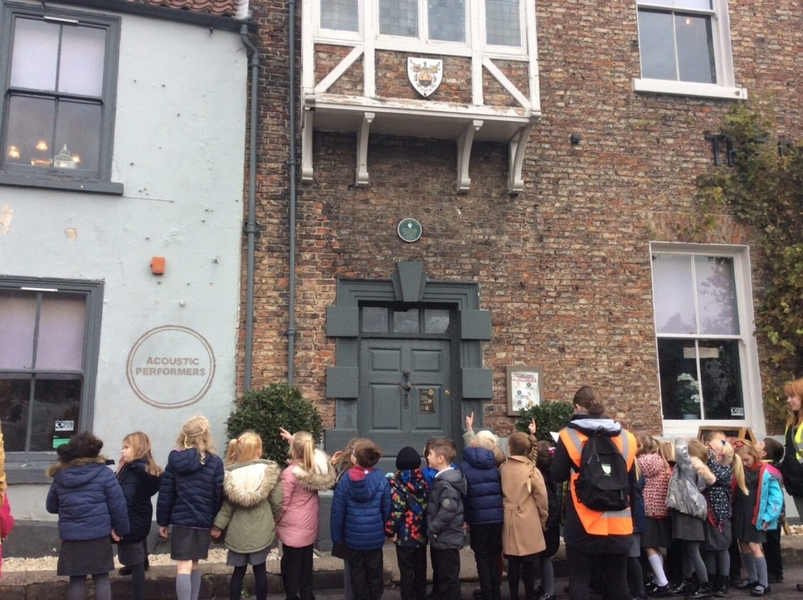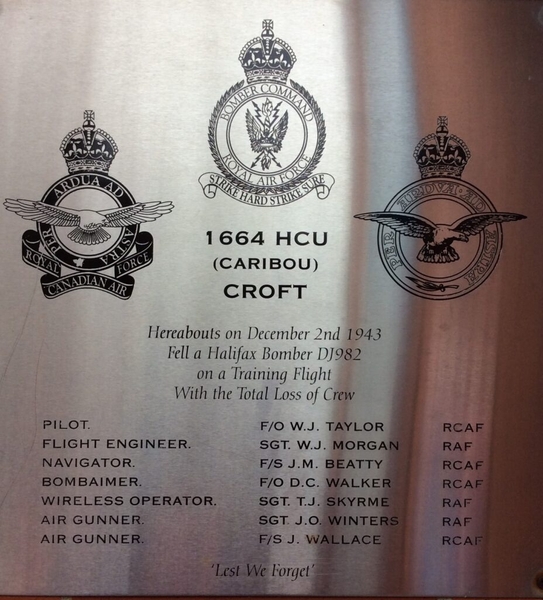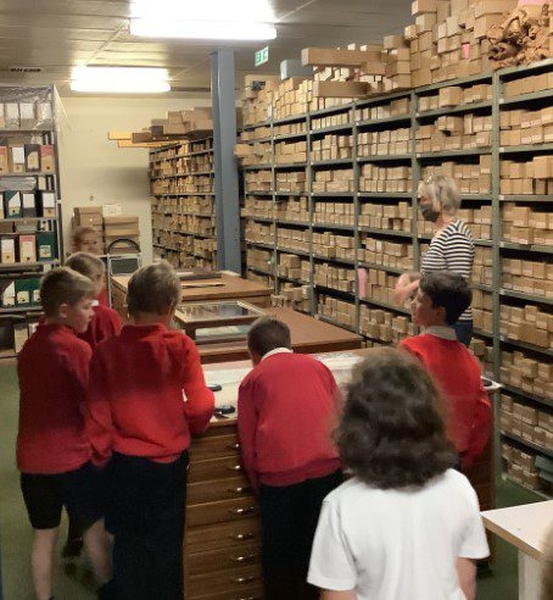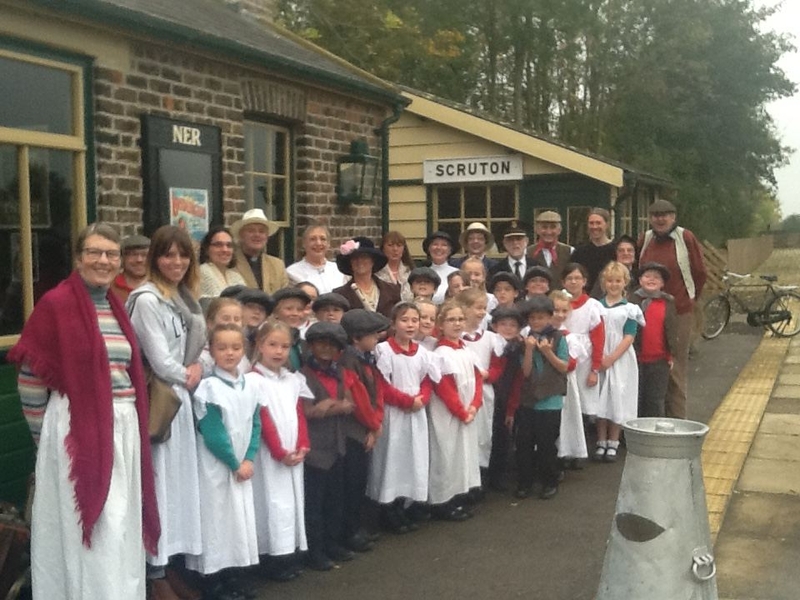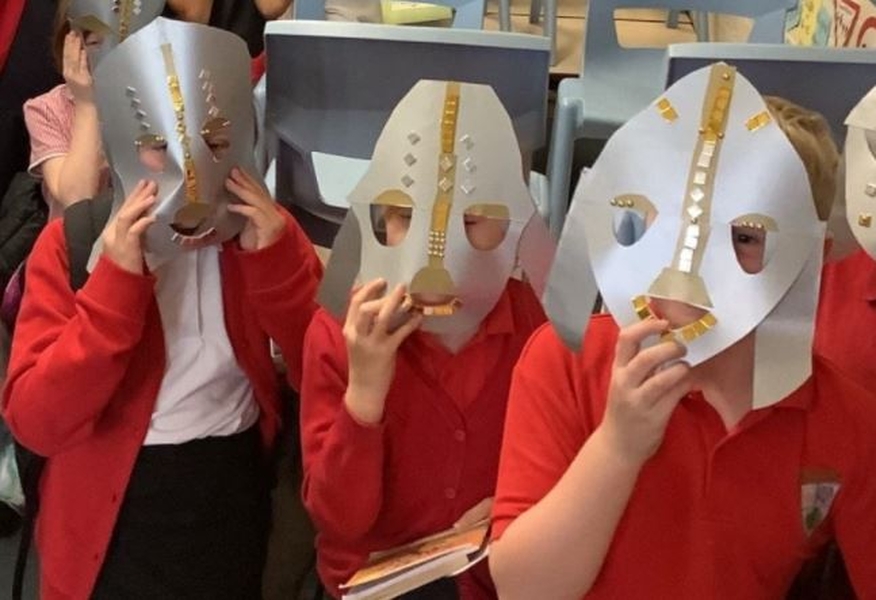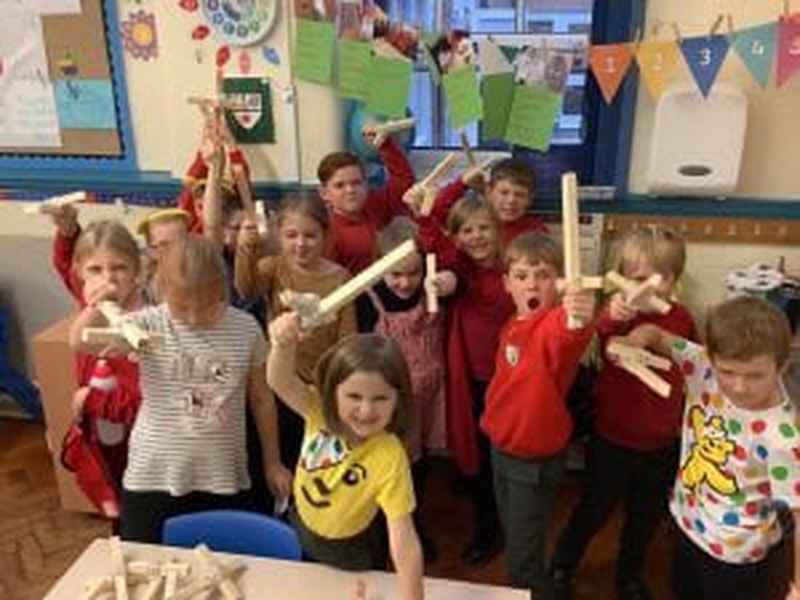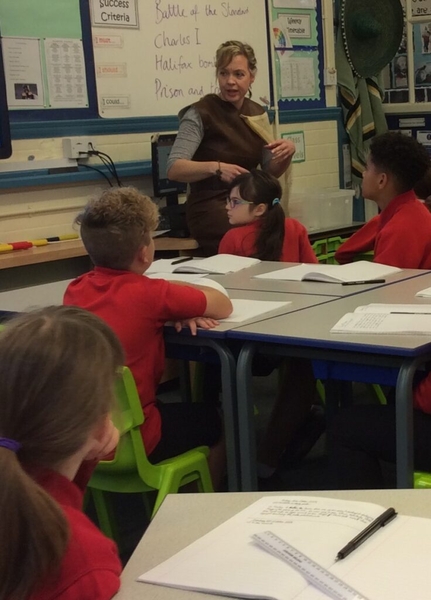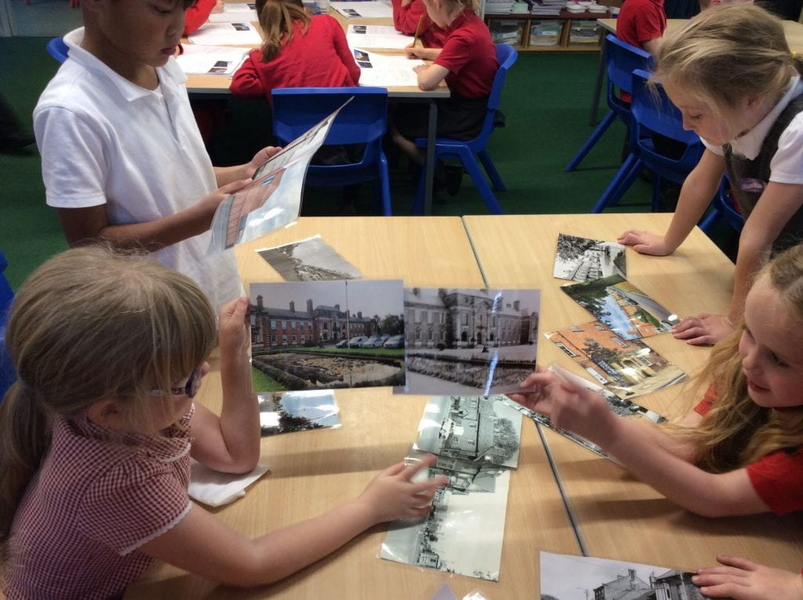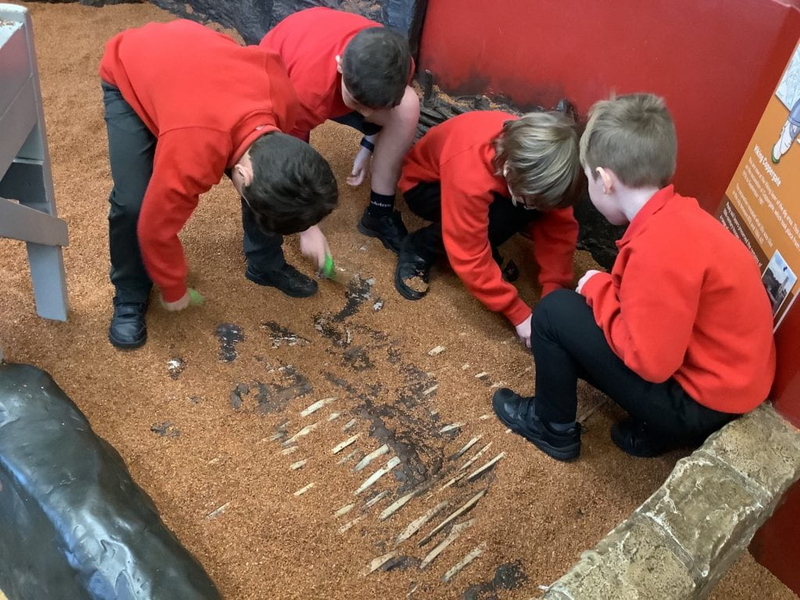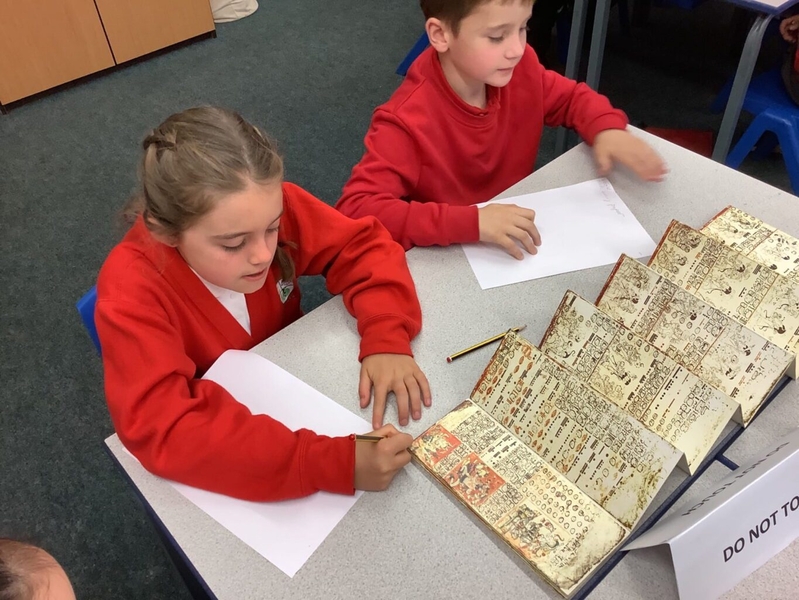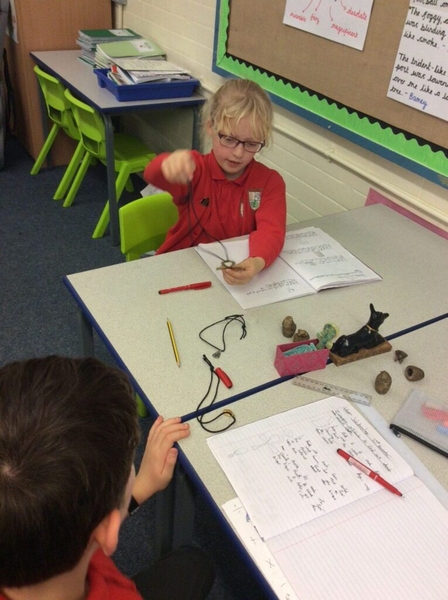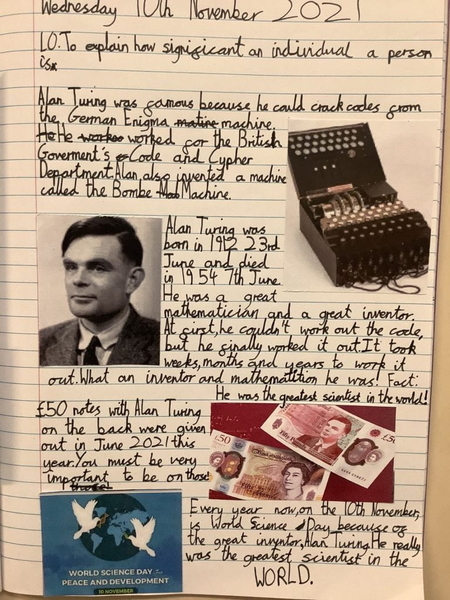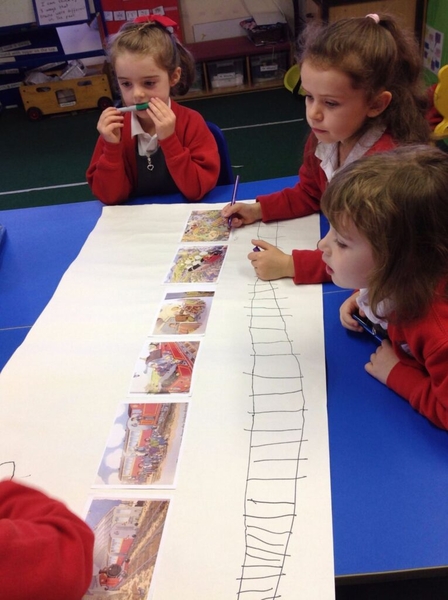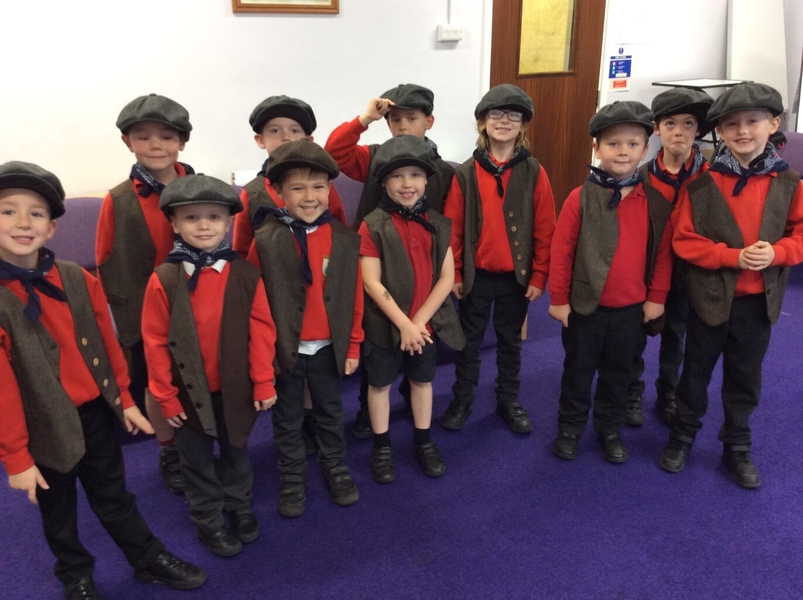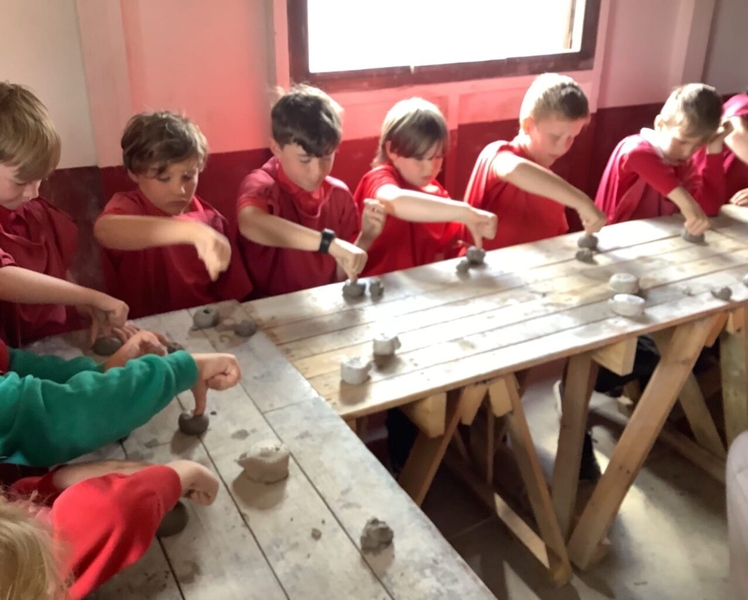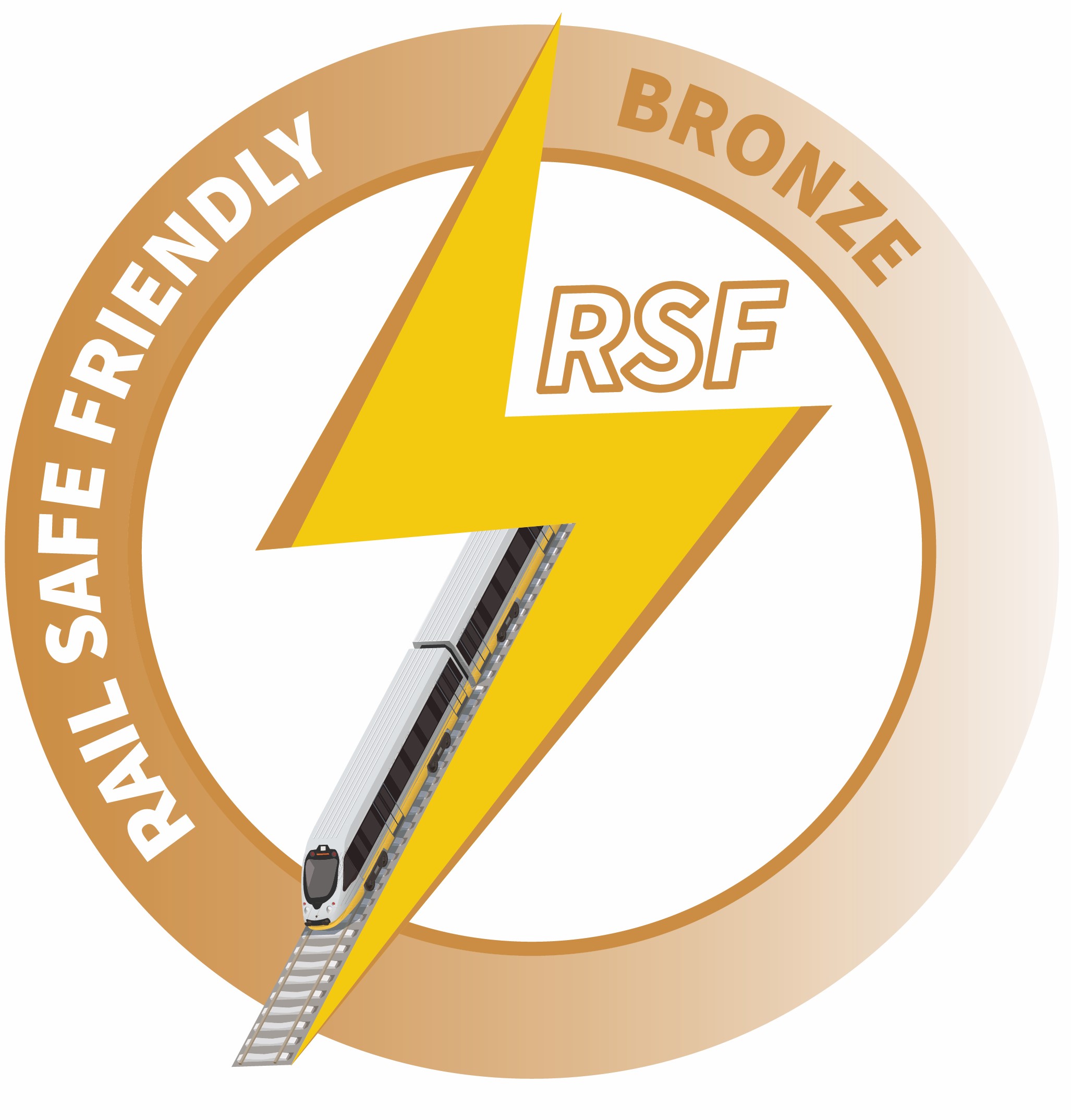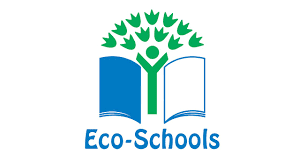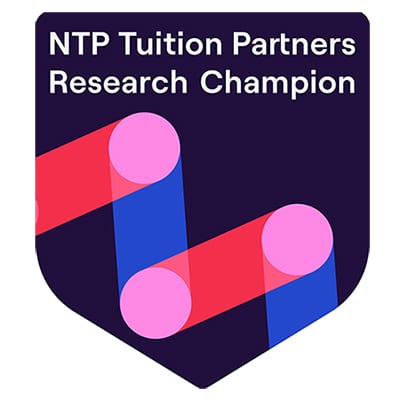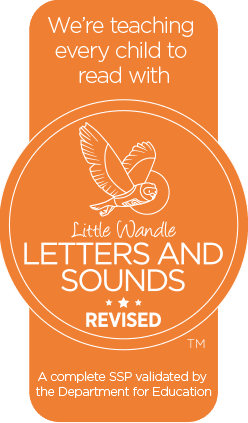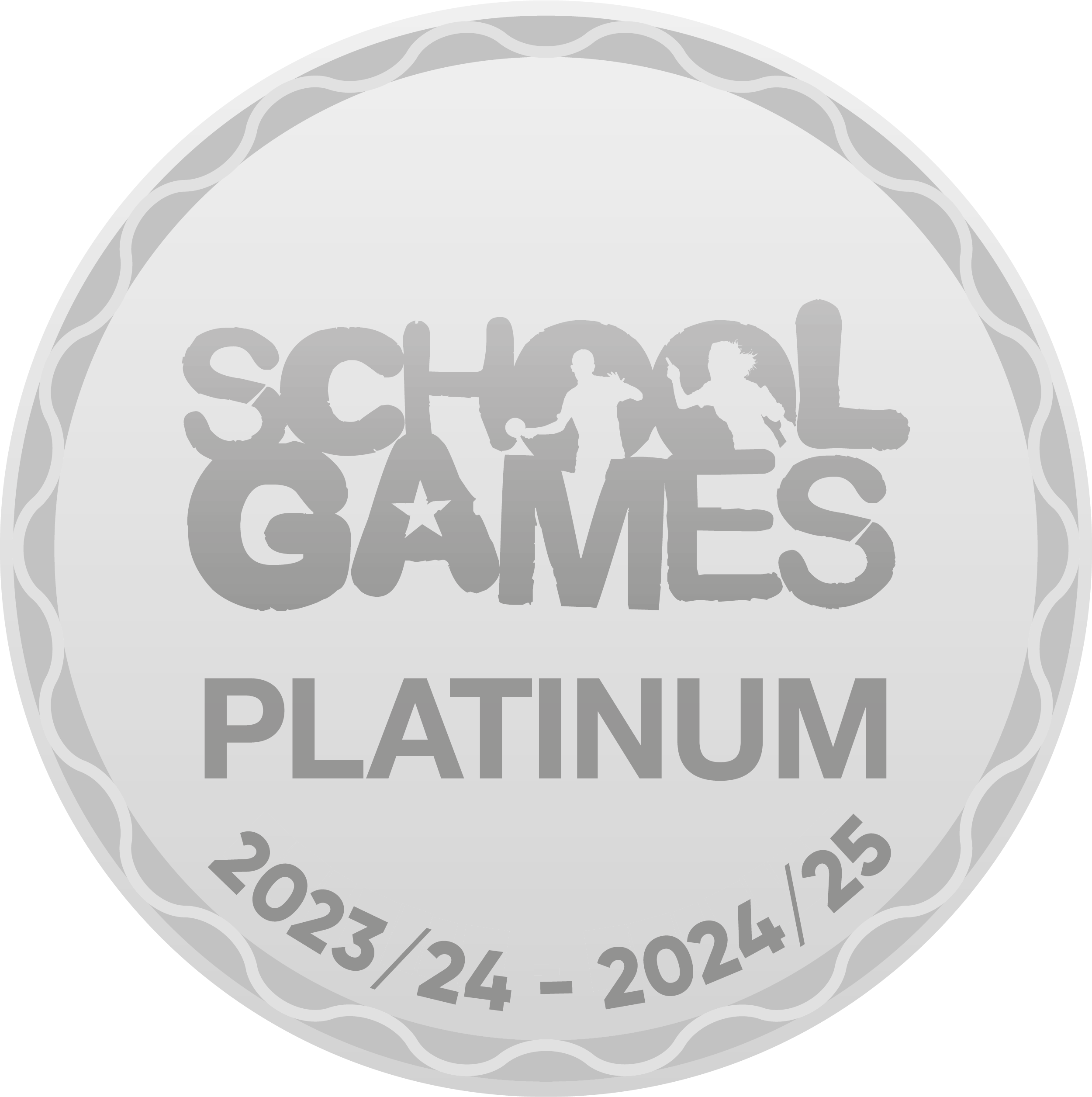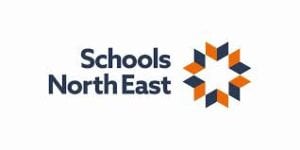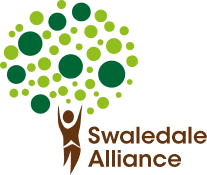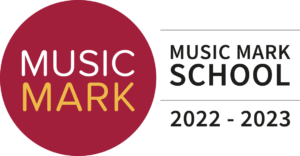Subject Leader: Mrs L Cross
I am an accomplished history graduate with an unwavering passion for uncovering and preserving the stories of the past. With a strong network of connections within the local heritage community, including the Heritage Hub, Local History Society and the local Records Office, I am dedicated to historical research and collaboration.
I have a contagious enthusiasm for history which extends across the curriculum. I take great pleasure in immersing myself in the subject, often donning Viking (and other historical) attire to captivate our pupils’ interests and using our school Logbooks (dating from 1909) to inspire their curiosity about changes which have occurred through time.
Several years ago, I worked closely with English Heritage, contributing my expertise and insights into various projects as well as sharing the excellent learning and research which takes place at Applegarth, culminating in the prestigious ‘Heritage School’ status award.
Being passionate about bringing real-world experiences and resources into the classroom, I strive to ensure that our children have access to a rich array of historical artefacts, primary sources and expert knowledge, enhancing their understanding of historical events and fostering a sense of curiosity and a thirst for knowledge as historians. A recent example of this was when the children learnt about our school’s emotive link with the WWI battlecruiser, HMS and contributed to research projects with the HMS Hood Association members.
By instilling a love for history and cultivating curious minds, I ensure I use my passion to pave the way for Applegarth pupils to become lifelong learners and contributors to the preservation of cultural heritage.
Intent
| History – Intent Policies & Documents | Download |
| National Curriculum – History | Download |
| Progression in History | Download |
| History Long-Term Plan | Download |
Our subject leaders have developed detailed medium term plans. Examples of plans from each phase can be found below. The lesson sequence itself is not included (only the summary cover pages). The subject leader will be able to provide families and visitors with additional detailed planning.
| History – Plans Policies & Documents | Download |
| Y5 and 6 Crime and Punishment (Year A) | Download |
| Y3 and 4 Through the Ages (Year A) | Download |
| Y1 and 2 Northallerton as a Market Town (Year A) | Download |
Our pupils make progress in history through building their knowledge of the past and how historians study the past and write historical accounts. Our teaching embeds the frameworks of content and concepts to enable pupils to access later material whilst sparking their curiosity and enthusiasm and bringing the past to life in creative and thought-provoking lessons. Abstract concepts are learned through meaningful examples in different periods and are revisited at different points in the curriculum to give pupils repeated encounters.
Using a variety of sources, children are actively encouraged to discuss critical questions that develop the opportunity to deepen their understanding of specific peoples, places events and dates. We encourage speaking and listening skills through class, group or individual debate or discussion.
The concept of chronology is interwoven and deeply embedded: in Key Stage 1 and EYFS, an understanding of the passing of time is developed through the use of language and comparisons with their own history while in Key Stage 2, comprehensive timelines are a key feature of all classrooms, used and added to regularly. Comparisons between different periods in history of key figures are used to understand the impact of past events to the present day and an emphasis is placed on using correct historical vocabulary from the outset.
Implementation

Every opportunity is taken at Applegarth Primary School to provide our children with engaging, first-hand experiences, where their questions and opinions are valued in a supportive environment. Learning is carefully planned using a question-based structure and strongly reflects the local as well as the wider context. Educational visits to places such as the old Town Hall have enabled children to see first-hand how buildings have changed in importance and use, and visits by professionals or relatives are actively encouraged. Children from Y1-6 are able to regularly visit the local Records Office and use authentic primary sources to support their learning while ex-Applegarth pupils regularly contact the school to disclose early experiences linked to learning in class. Our annual Heritage Week, which engages all pupils from EYFS to Y6, inspires adults and children to seek out information, find out what historians have discovered and believe and occasionally solve the mysteries of the past. Creative ways of teaching history include skyping as a visiting ‘Viking’ from a local church that contained genuine hogbacks and even dressing up a willing volunteer as a visiting Charles I; all encouraging children to see history as a living, breathing subject that is constantly evolving and needs questioning in different ways. Use of our old school log books can trace our history back to the school’s opening in 1909 and they are regularly scrutinised, linking our past and the similarities to our present day.
Our vibrant history curriculum provides children with opportunities to develop an appreciation of the past outside of the local context, such as educational visits by Year 5/6 to Beamish Open Air Museum; Year 3/4 visits to Murton Park to re-enact Roman life; and Y1/2 visits to Fountains Abbey, learning through the eyes of a monk. Comparisons are made using classroom timelines to understand the global context, for example, understanding that our school was built in Edwardian times, which occurred before the First World War but after the ascension of Queen Victoria.
Impact
- The mean average of pupils achieving expected + at the end of the 2021/2022 academic year was 89%.
Here’s what our pupils say about history at Applegarth:
Here’s what Wren (EYFS) liked about her Long Ago unit: “I liked learning about the olden days. I liked it when my Nana came into school and we swapped places to see the old baby toys.”
Mali (Y2): “I like learning about Prince George because he will be king one day.”
Nathan (Y4): “After we compared different flints used by local Stone Age people, I used these ideas to sharpen my own stones at home!”
Grace (Y5): “I can ask my grandparent and parents about the past and they can add to what I’m learning in school.”
Barney (Y6): “I used primary sources when I learned about the sinking of the Titanic but couldn’t as much when I studied the Mayans…”

